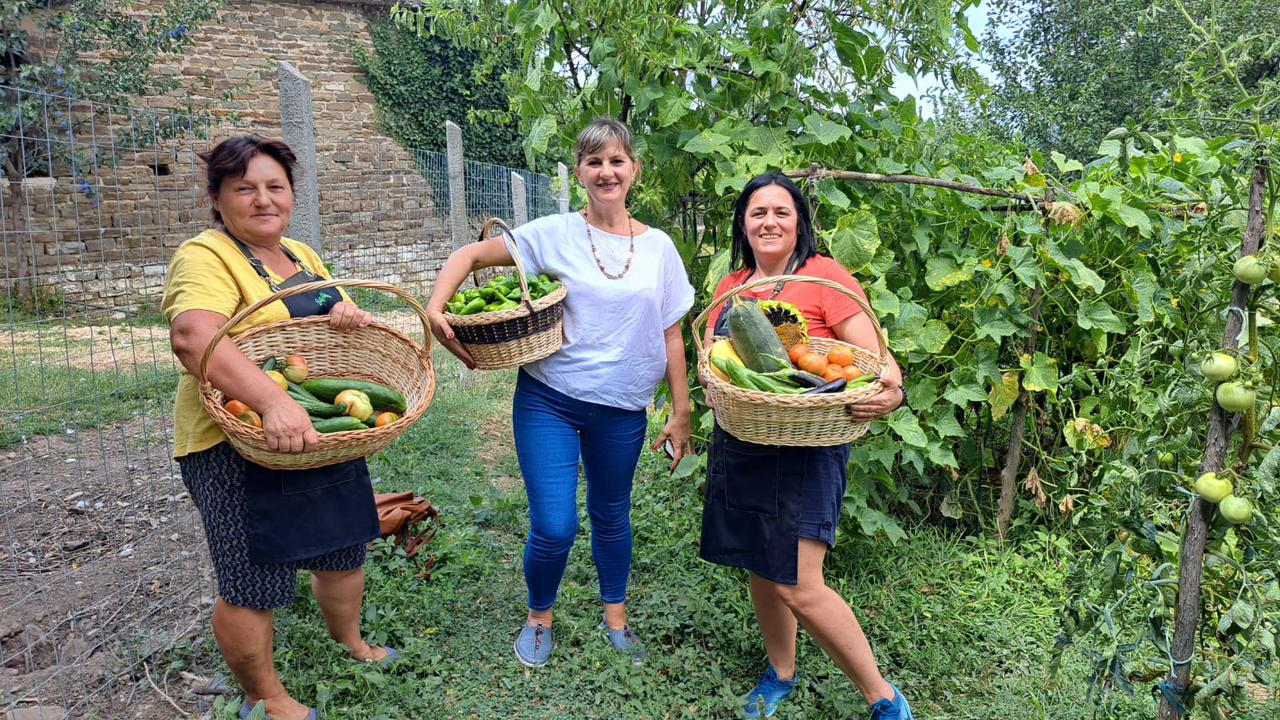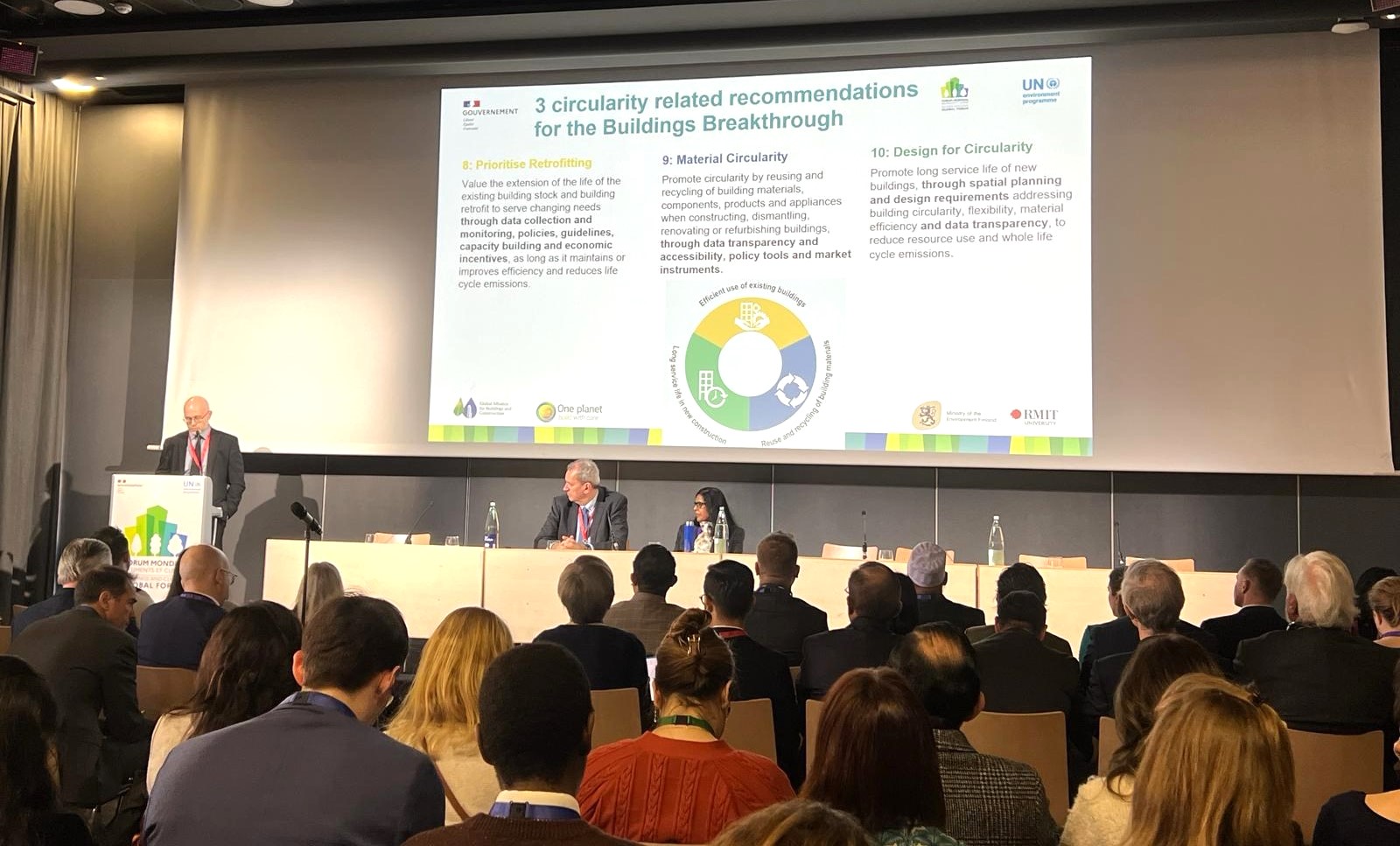Multi-stakeholder food systems governance models to achieve the SDGs?

A new collaboration between SFS Programme members is underway. A research initiative exploring food systems ‘multi-stakeholder mechanisms’, both national and sub-national, aims to shed light on how food systems can benefit from innovative governance schemes to contribute with urgency to the achievement of the Sustainable Development Goals (SGDs).
Innovative governance? Multi-stakeholder mechanisms? You may find yourself asking “Why is this important?”. How does focusing on governance innovation help with tackling the dire, existential challenges faced by humanity and achieve sustainable food systems that contribute to sustainable development?
Often we hear that solutions already exist for the interrelated issues of hunger and malnutrition, the climate crisis, the dramatic biodiversity decline, inequality and unfair livelihoods. And that it is just a matter of political will that is required to enable and implement them. Although policymakers have increasingly recognized the centrality of food systems to these interrelated challenges, actions have not followed with the urgency that is needed. This can be due to the fact that food system issues and solutions are very context-specific - what is required in urban Beijing is not the same as what is required in the rural areas of Mato Grosso in Brazil.
The complexity of these interconnected food systems issues can deter action. After all, constraints such as jurisdictional boundaries across authorities, as well as "siloed", linear processes have been the reality in governance arrangements in the food and agricultural sectors (i.e. nutrition is dealt by health decision-makers, trade by economic decision-makers, biodiversity by environmental decision-makers, and so on). It is challenging to identify and manage the trade-offs across social, economic and environmental dimensions that one encounters when dealing with food issues. This is further compounded by power imbalances in our food systems, with long-lasting "lock-ins" and path dependencies, exacerbated now by an epoch defined by continuous concentration processes in the private agri-food sector.
However, an important milestone has been achieved in the last two-three years. An increasing consensus has been built around the idea that the world must adopt a so-called ‘food systems approach’ to food policies (e.g. as referred to in the 2018 HLPF Ministerial Declaration, the 26th Session of FAO’s Committee on Agriculture or the 2019 IPCC Land Use report). The jist of it is that using a more holistic lens can help deploy more integrated food policies - addressing interrelated issues across economic, social and environmental dimensions.
The question is obvious: how does one adopt this ‘food systems approach? The answer is also widening its consensus. You cannot deal with interrelated issues with the same institutions and governance arrangements that reigned in the past. A re-think of food systems governance (the institutional and legal framework that oversees our food systems) is needed.
Where to start? Well, here is the good news: there has been plentiful thinking on what new governance arrangements could and should look like. And even better, a sizeable number of these innovative governance experiences have been underway for quite some time (check RUAF’s recent magazine issue or the Johns Hopkins Food Policy Networks). And new ones are mushrooming everywhere (e.g. in 2019 Canada enacted a new federal food policy creating a multi-stakeholder council. The UK and Norway have kicked off similar policy processes).
Perhaps you have not heard of them? How come? Probably because there is still a great knowledge gap, which our research initiative aims to start closing. The research will look into 10 cases of ‘food systems multi-stakeholder mechanisms’, defined as formal or informal participatory governance mechanisms that bring together different food systems actors, from all the phases of the supply chain, and connecting actors from different food agendas.
Our objectives are to:
- Understand how national and subnational MSMs are supporting governments to better work in coordination with actors, integrate sustainability policies with other relevant ones in the food systems agenda (e.g. nutrition, food security, transportation, protection for small producers, etc.) at different levels (international to local) with a more holistic approach;
- Describe examples of concrete achievements from these mechanisms;
- Capture the key challenges that they face;
- Understand their formats, legal status, sustainability principles and key food systems priorities, the way they are engaging actors, and,
- To the extent possible, analyze how these factors influence their success and achievement of results.
The initiative is a collaboration between UNEP, WWF, the Alliance of Bioversity International-CIAT, with the steering of the Community of Practice on Food Systems on the Ground of the SFS Programme, and the International Climate Initiative (IKI) of the Federal Ministry for the Environment, Nature Conservation, Building and Nuclear Safety (BMU) supports the project.
Stay tuned. Interested? If you want to learn more, please contact michael.mulet@wwf.de

